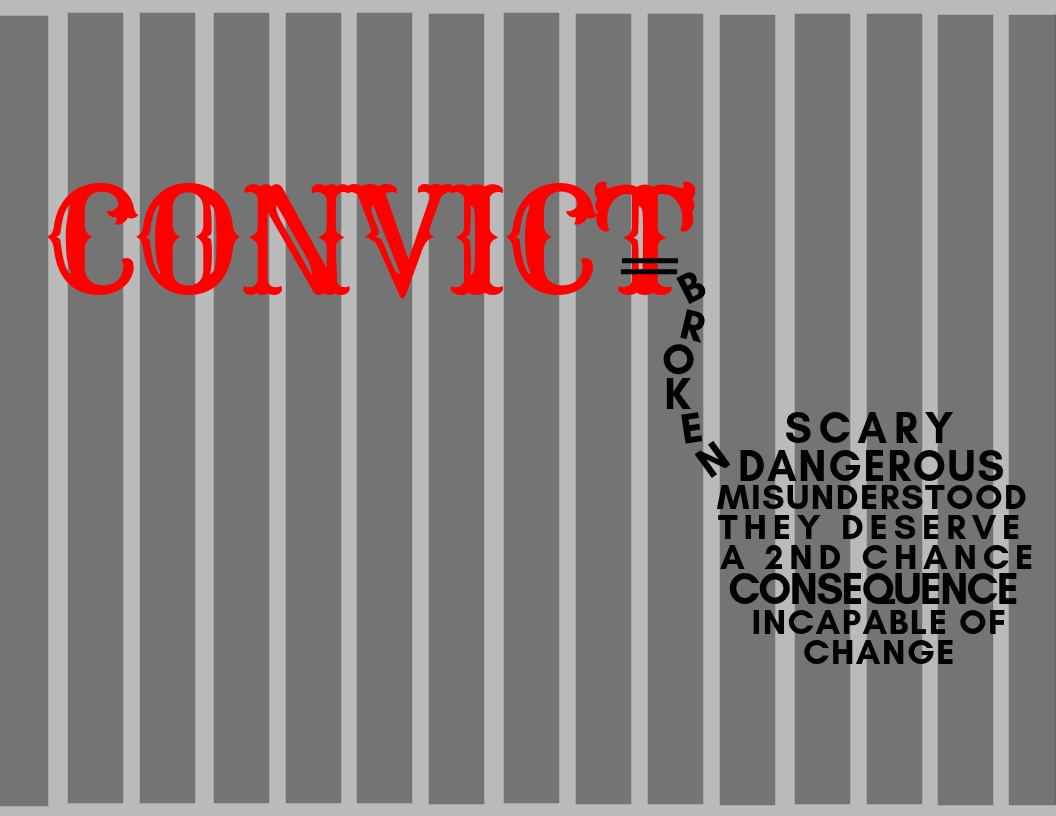The results from a survey of 141 Biola students suggest that scant conversation or action relating to mass incarceration and prison ministry occur on campus.
The data was collected from Nov. 13 to Dec. 4.
According to the study, roughly half of all respondents personally know someone who was behind bars. Yet 64.3 percent of them have not discussed the topic at Biola, and 80 percent have not visited a prison. However, the majority of respondents also recognize the social and biblical importance of bringing light to this topic.
Overall, the results implied a disconnect between the personal effect of incarceration in students’ lives and the silence that seemingly surrounds it.
INSIGHTS FROM LINDA BARKMAN
Prisoner advocate Linda Barkman is currently developing a theology of prison ministry relevant to today’s context. Having gone through 30 years of incarceration herself—ministering to inmates and completing her master’s in Theology while doing her time at the California Institute for Women in Chino—Barkman holds a culturally sensitive view of how the church can best serve those caught in the criminal justice system.
“They can make me do time, but they can’t make me waste it, and they can’t make me not love,” Barkman said. “If you really believe in redemption, you know that good people go to prison, and that bad people can be redeemed. 98 percent of prisoners get out—do you want them to come out better, the same or worse? If you’ve got this wall up, saying, ‘Oh no, they’re inhuman,’ and you just leave us like that, what are you gonna do when I move next door to you?”
Her experience in the prison system was what led Barkman to pursue what she calls a theology of reconciliation and integration over mere prison hospitality.
“Matthew 25:36b hospitality is not enough,” Barkman said. “Hospitality means that you invite me to your table, but I’m always the ‘other.’ Integration is when I become family. [Integration means] not looking askant at that woman who is working so hard to live a real life, and can’t take the tattoos off. [Integration means being] more proactive about poverty, racism, physical and emotional abuse, being realistic about drug issues and homelessness, and not so worried about keeping our power and our nice, soft living conditions at the expense of others.”
Barkman urges students to think and talk about incarceration as a first step. She also encourages them to make an environment where people are not shamed for the times they were “caught,” but forgiven and reconciled with civilians, and to the church.
BIOLA’S DEPARTMENTS’ STANCES
According to dean of Spiritual Development Todd Pickett and director of Student Led Ministries and Spiritual Formation Chad Miller, there has not been a chapel dedicated to the topic, nor is there a club or campus ministry for prisoners.
According to Talbot School of Theology administrative assistant Cristina Malais, the biblical and theological studies department is not closely familiar with any faculty member who has had experience with prison ministry, though Talbot has been approached with the possibility of providing classes for prisoners.







